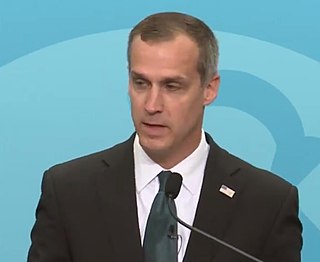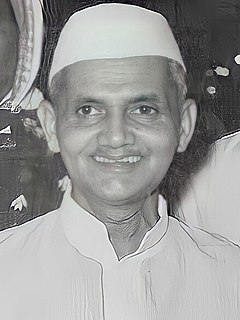A Quote by Rita Moreno
I think it's important to be reminded that that's what this country is comprised of - people from other countries.
Related Quotes
In the past when a country became as powerful as the United States, other countries would band together to clip its wings. But that isn't happening now and I don't think it's not going to happen, because other countries are not threatened by us, and they secretly appreciate the services that we provide, even if they don't usually say so.
There are so many people who are conscientious and caring about others. I've spent time working in countries where I really noticed the absence of civic concern, care for other people. I've been in other countries where I feel a palpable, almost tooth-and-claw attitude between people - Machiavellian, me and mine. And you can take for granted being here, with all the bloviating and the media, on a day-to-day level, people in this country are really pretty concerned for each other.
I think part of the disappointing failure of the political process in America today is that it's asking us to forget countries' historic connections to other countries, or to the laws that have been made. They're willfully asking people to forget their country's history, and focus only on the present. It's bizarre.
Patriotism is proud of a country's virtues and eager to correct its deficiencies; it also acknowledges the legitimate patriotism of other countries, with their own specific virtues. The pride of nationalism, however, trumpets its country's virtues and denies its deficiencies, while it is contemptuous toward the virtues of other countries. It wants to be, and proclaims itself to be, "the greatest," but greatness is not required of a country; only goodness is.
First of all, Greece won't go down. We're talking about a country that is capable of making change. Europe will not allow the destabilization of the 27-country euro zone. But if there were no action, then markets would start becoming jittery about other countries - and not only Spain and Portugal, but other countries in the European Union.
The international equity question arises from the costs of climate change itself and mitigation varying greatly across countries. It is affected by the historical responsibility for current greenhouse gas emissions, which countries which were not responsible for what's in the atmosphere now think are very important. Currently rich countries don't think those issues are very important.
The refugees are not only going to be a demand on the country's resources, but also the refugees raise the possibility that the countries that they're going to are themselves not as stable as the citizens would like, I think. We're all just one catastrophe away from ending up as a refugee, and we don't want to be reminded of that.
I don't think my generation carries the weight of World War II anymore. But I've got to tell you, even if we don't really talk about it, we get reminded constantly by other people or other countries. I get offered a World War II movie at least once a week just because I speak German and was born there. I have always stayed away from it because I didn't want to be put into that box.
The International Criminal Court uses a prosecution-only approach. And by putting their fate in the hands of outsiders, countries are really dodging responsibility for actions taken in the name of that country, in the name of the people in that country, by the people of that country themselves. That is, I think, fundamentally the wrong direction to go in.
I do think that it's really important for leaders of countries to be very clear and careful in the statements they make because their words are weighed extremely carefully by other countries, and you have to create a continuity of seriousness and of credibility in order to be able to be taken seriously and get things done.
If I look at the really important questions in [Middle East] region, I see Iran, where there is a strong desire for a freer society and where people are repressed by a small group of ayatollahs. I see Syria, where we can see a similar desire of the people to be free. These two countries fund Hezbollah and other terrorist organizations and are hurting our efforts in Afghanistan and have been extremely harmful in Iraq. Then I also see large, important countries such as Egypt and Saudi Arabia.



































